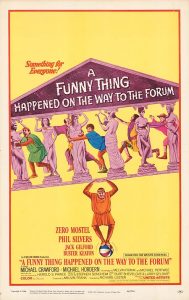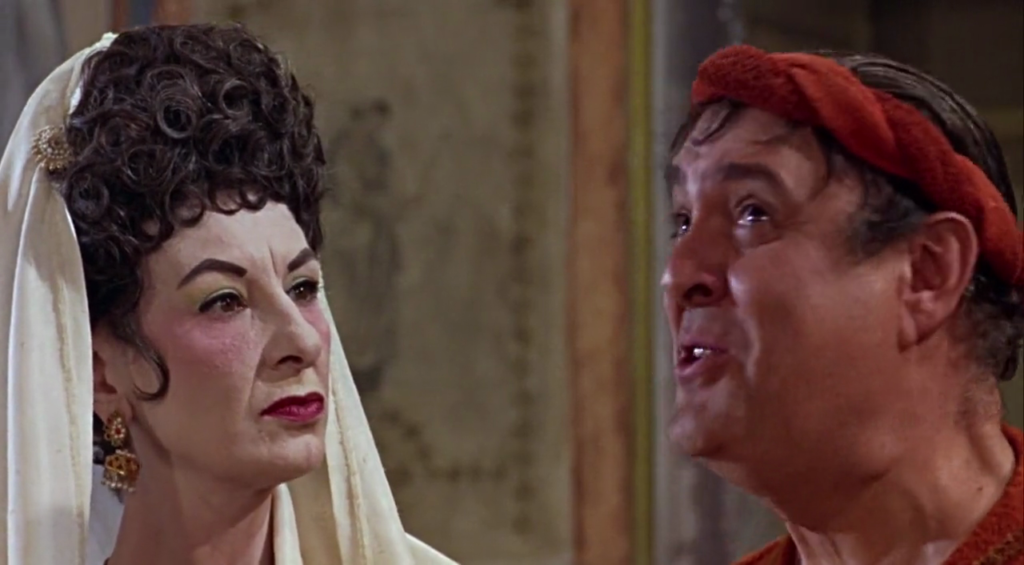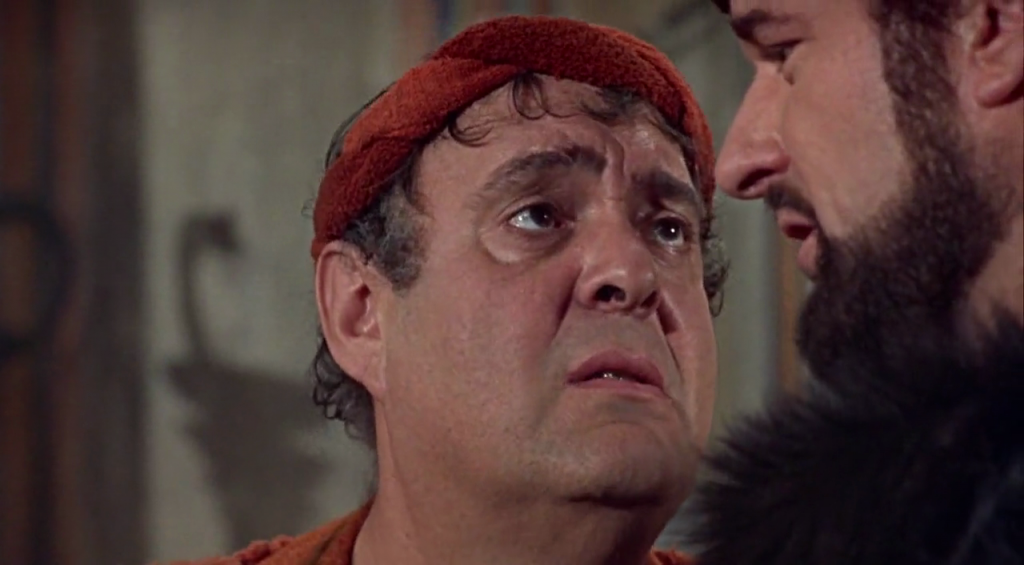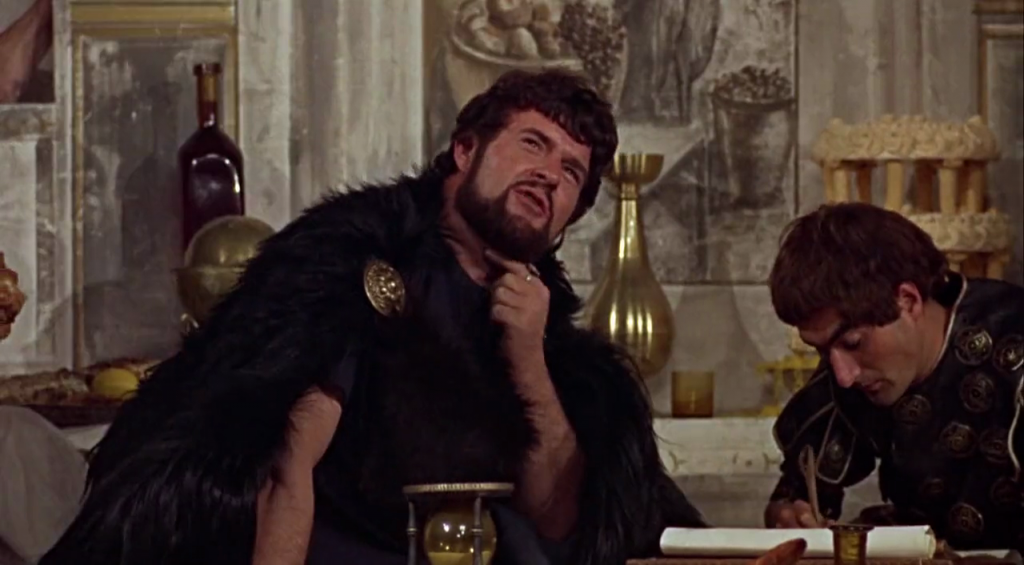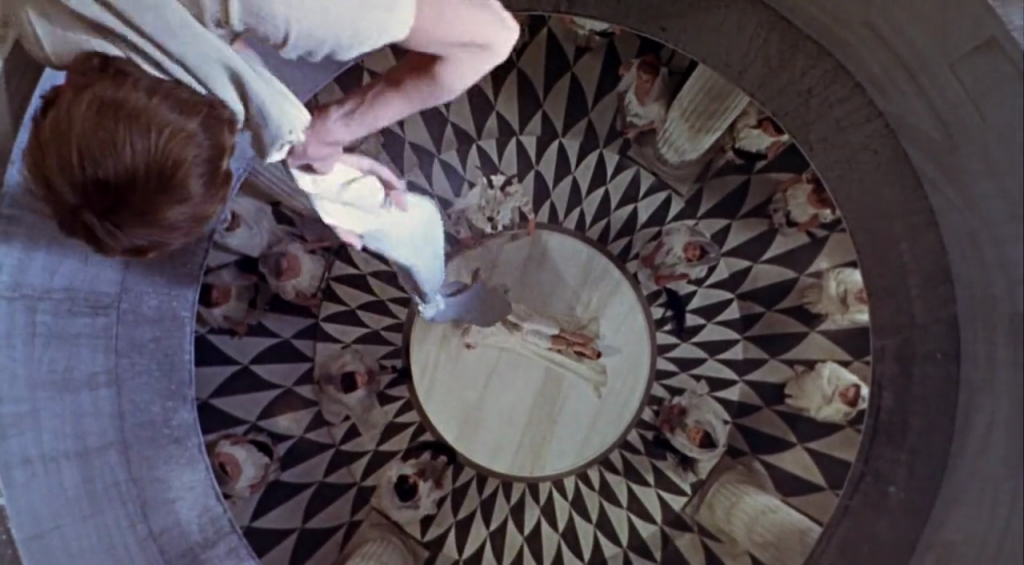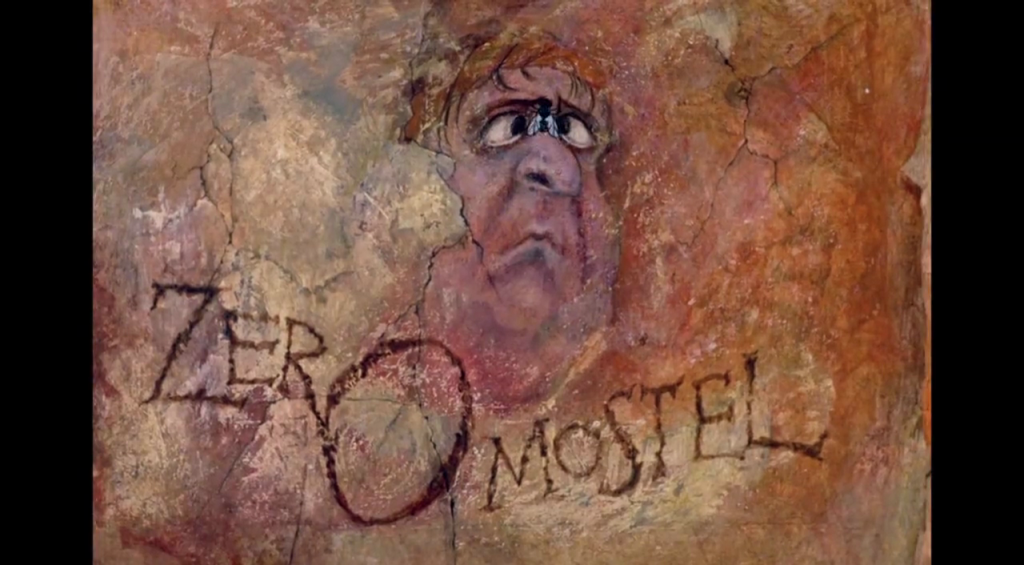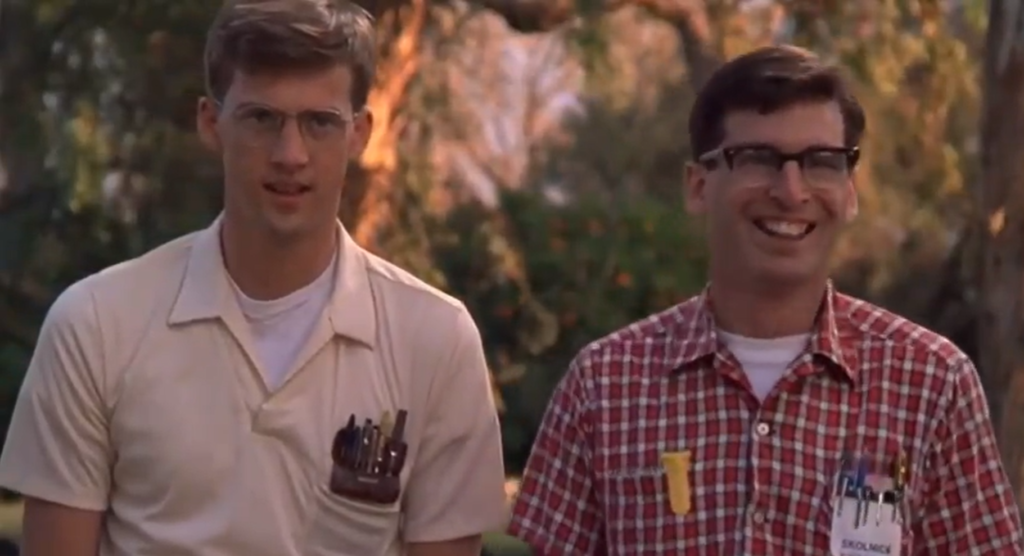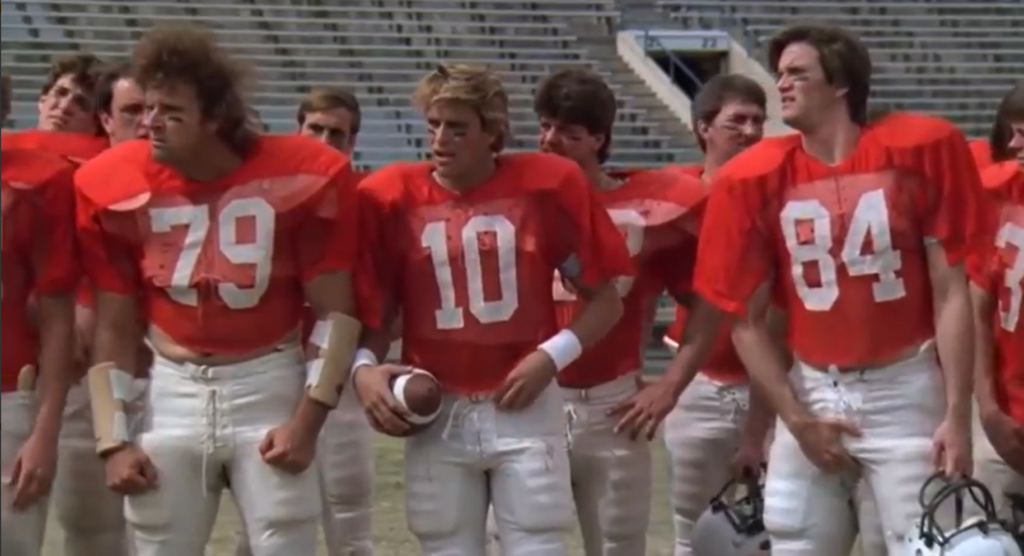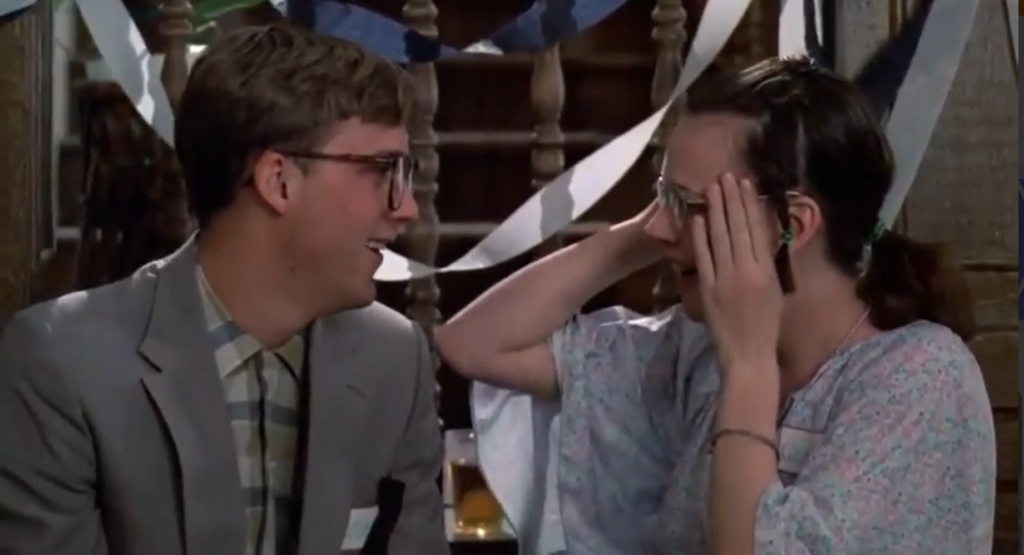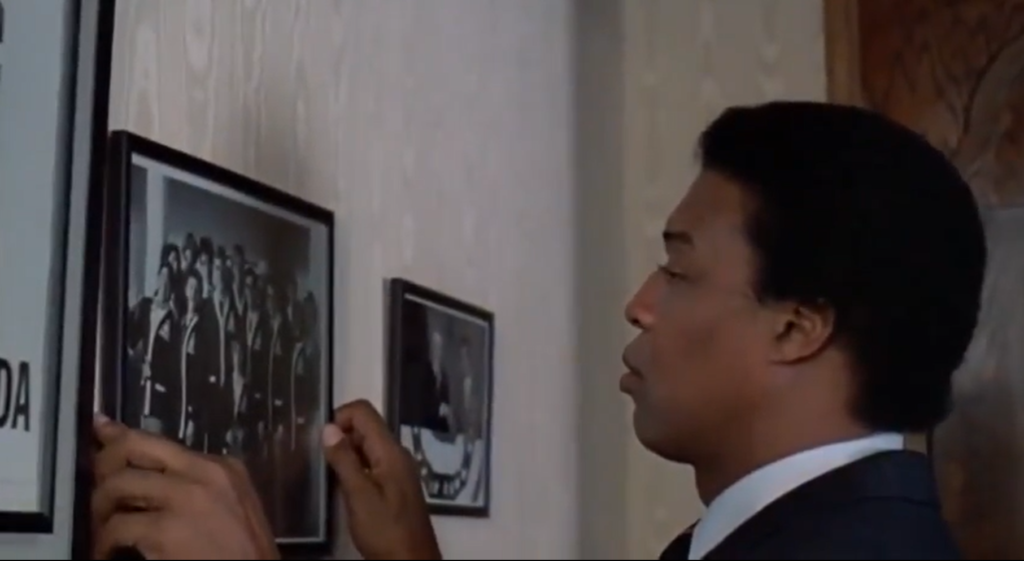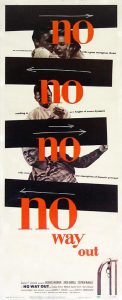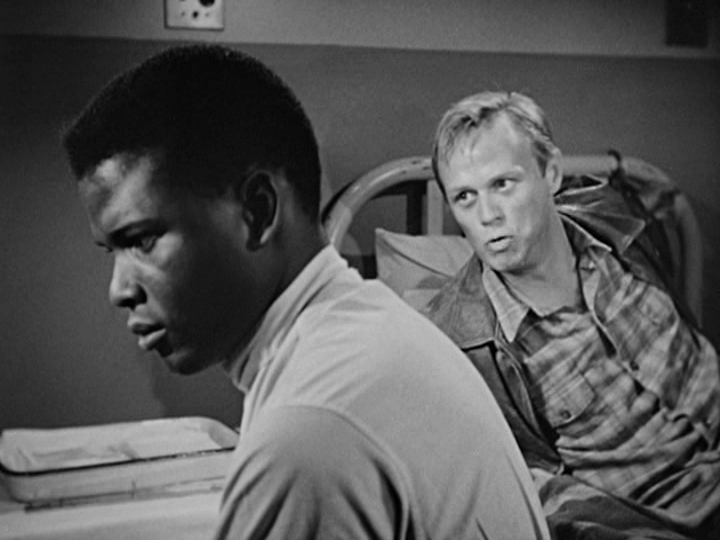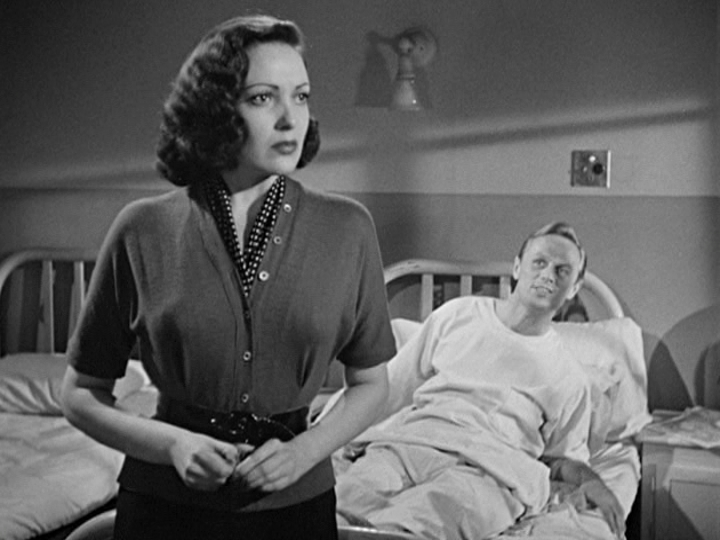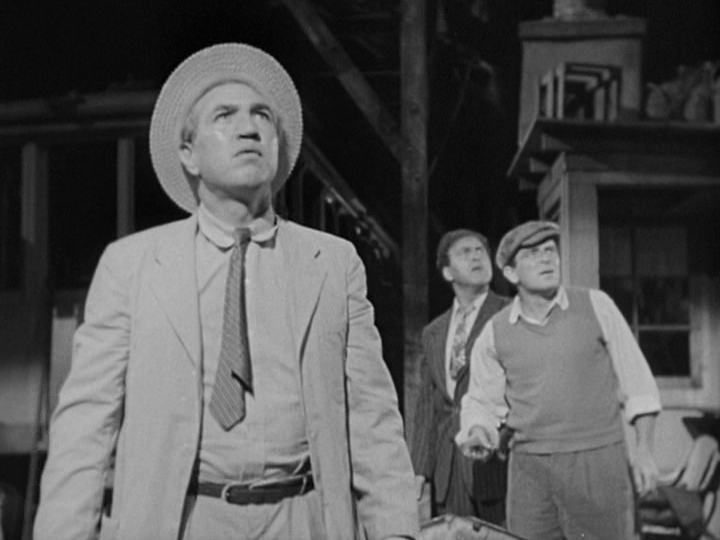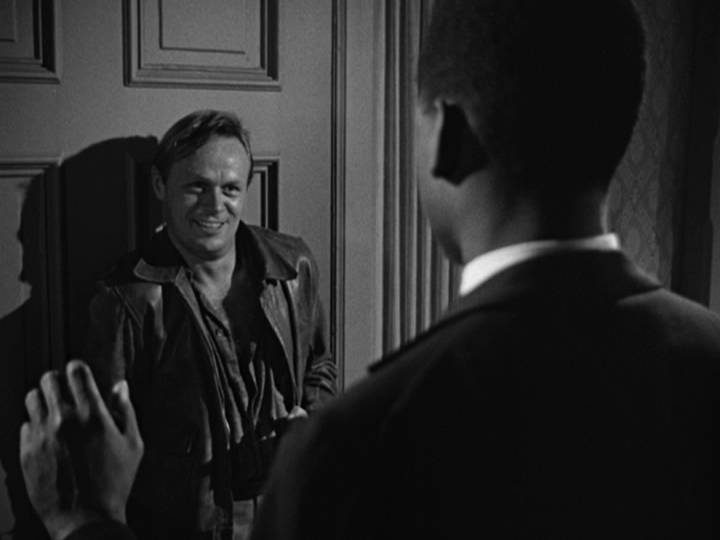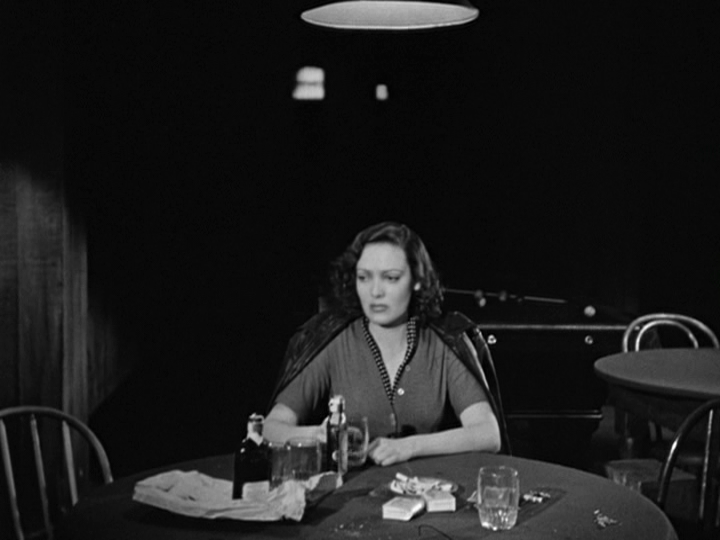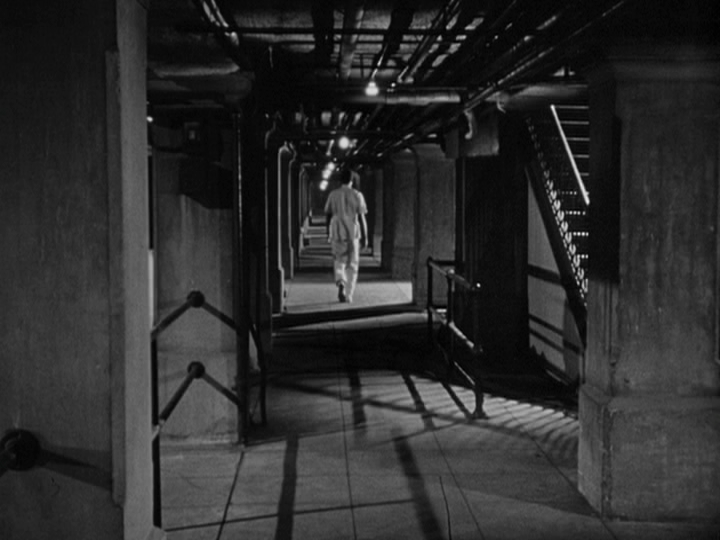Funny Thing Happened on the Way to the Forum, A (1966)
“Poor little moth — she fluttered too near my flame.”
|
Synopsis: |
Response to Peary’s Review: With all that said, I’ll admit to not being a fan of this beloved cult favorite — primarily due to my distaste over how objectified, sexualized, and/or demonized every single female character is. Could Jessel’s pasty make-up: — or that of her mother (Beatrix Lehmann) — be any more garishly witch-like? Could beautiful women’s bodies be any more fondled, used as dining tables, or assumed to be merely objects for male pleasure (or reproduction)? However, things become more enjoyable (for me) once Greene (giving “a funny performance”) arrives on the scene; his narcissistic rhetoric is consistently laugh-out-loud humorous:
Buster Keaton, in his final role before dying of cancer, seems literally lost during most of the film (for good reason), but has a nice moment at the end when his character suddenly becomes a pivotal part of the storyline. All film fanatics should check this film out at least once, and more often if it tickles your particular fancy. Redeeming Qualities and Moments:
Must See? Categories
Links: |
